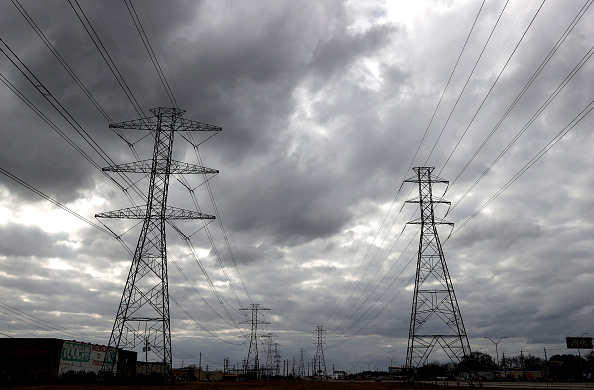In the 1990s, then-Texas Governor George W. Bush pushed for the deregulation of his state’s electricity market. He was cheered on by Enron, the Houston energy company that became synonymous with greed and corruption before declaring bankruptcy in 2001.
Now, just days after a catastrophic power failure upended lives across the Lone Star State, the Wall Street Journal reports that deregulation cost Texans tens of billions of dollars.
“Those deregulated Texas residential consumers paid $28 billion more for their power since 2004 than they would have paid at the rates charged to the customers of the state’s traditional utilities, according to the Journal’s analysis of data from the federal Energy Information Administration.”
Millions of Texans are still dealing with the devastating fallout from an unusual winter storm and the subsequent failure of the state’s utilities. Thousands are still without running water and food shortages persist. The state is suffering from “a plumbing catastrophe.”
Some Texans were hit with sky-high electricity bills as the wholesale market price of electricity increased 7,400% following the storm. Texas Governor Greg Abbot has promised relief for those hit with monthly electricity bills that reached as high as $17,300.
Needless to say, this was not the electricity market proponents of deregulation promised. From the WSJ:
“None of this was supposed to happen under deregulation. Backers of competition in the electricity-supply business promised it would lower prices for consumers who could shop around for the best deals, just as they do for cellphone service. The system would be an improvement over monopoly utilities, which have little incentive to innovate and provide better service to customers, supporters of deregulation said.”
